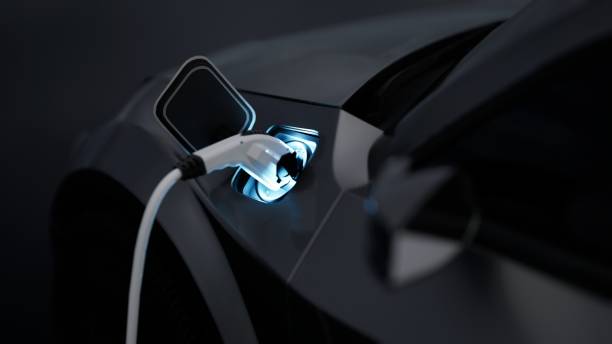In the world of electrical systems, choosing the right wire for every job is crucial. This task requires a deep understanding of different types of wires and their specific uses. The incorrect choice could lead to inefficient performance, safety hazards and even system failure.
Electrical wires come in various types, each designed for specific applications based on factors such as voltage level, current carrying capacity, insulation material and environmental conditions. Understanding these differences will help you make an informed decision when choosing a wire for your project.
The most common type of electrical wire is solid wire. This type consists of a single strand or core made from copper or aluminum which is insulated with plastic or rubber coating. Solid wires are commonly used in residential wiring due to their ease of installation and ability to maintain a stable connection over time.
Stranded wires, on the other hand, consist of multiple thin strands twisted together into a flexible bundle. These wires are more durable and malleable than solid ones making them ideal for use in moving parts like vehicles or appliances where flexibility is essential.
Another important category includes armored cables which contain several insulated conductors enclosed by a metal sheath for protection against physical damage. They source are typically used in commercial buildings where there’s high foot traffic or potential risk from heavy machinery.
For outdoor installations that require resistance against moisture and extreme weather conditions, underground feeder (UF) cables are often utilized. These cables have thick insulation layers that protect them from corrosive soil conditions while maintaining reliable electrical performance.
When it comes to high-voltage applications such as power transmission lines, overhead service drop cables are usually employed. These robust cables can withstand harsh environmental conditions while safely transmitting electricity over long distances.
Choosing the right gauge size – the diameter of the conductor – also plays an integral role in ensuring optimal performance. Wires with smaller gauges carry less current compared to those with larger gauges because they have thinner conductors which offer higher resistance to electric current flow.
Moreover, the insulation material is another crucial factor to consider. Some wires feature PVC insulation which provides good resistance against heat, oil and chemicals while others use rubber or silicone insulation for superior flexibility and durability.
In conclusion, understanding different types of electrical wires can greatly assist in selecting the right one for your specific job. Whether it’s solid or stranded, armored or UF cable, each type has its unique features that make it suitable for certain applications. Always remember to consider factors such as voltage level, current carrying capacity and environmental conditions when choosing a wire to ensure safety and efficiency in your electrical system.

